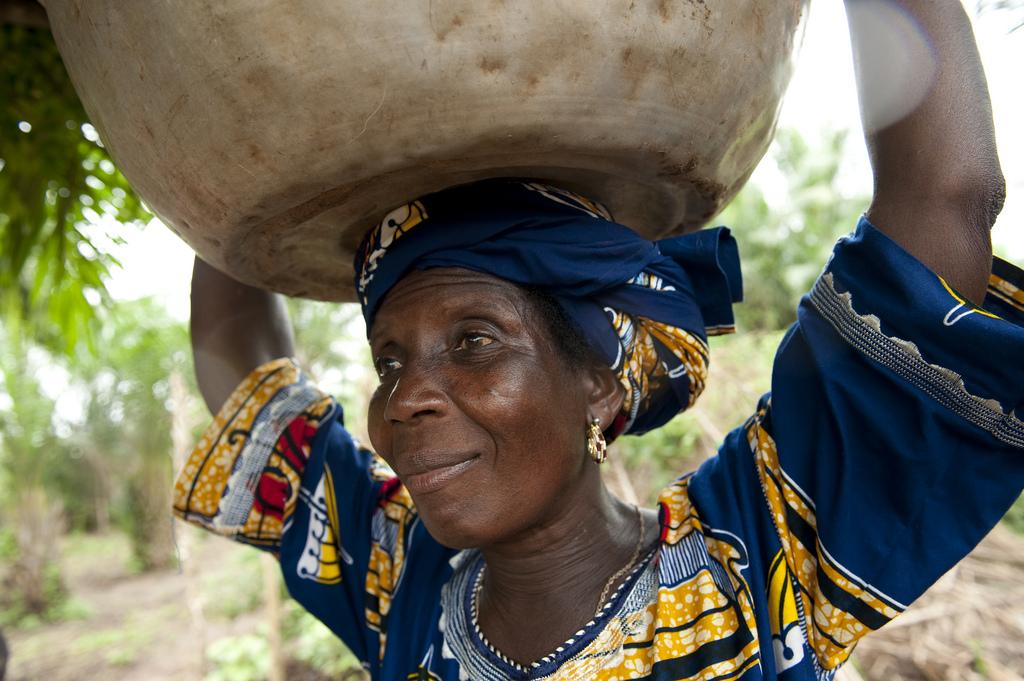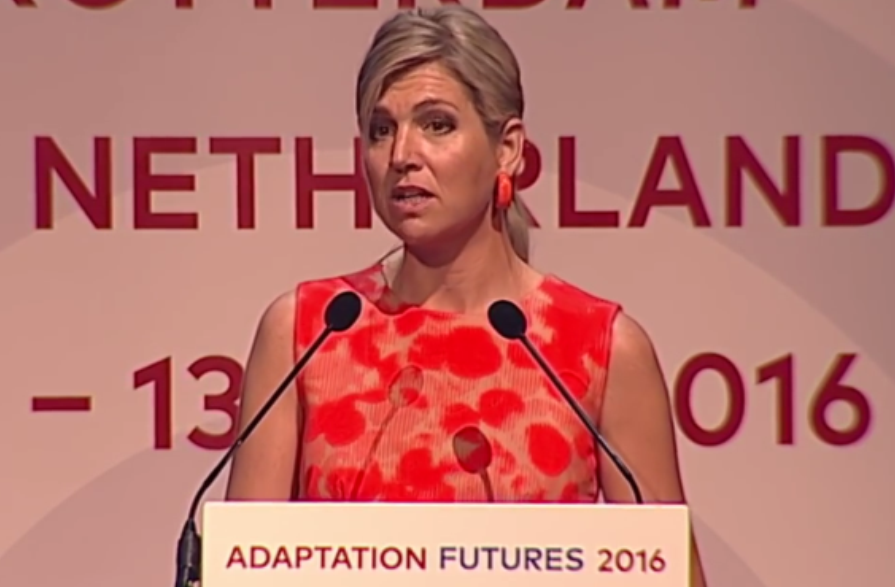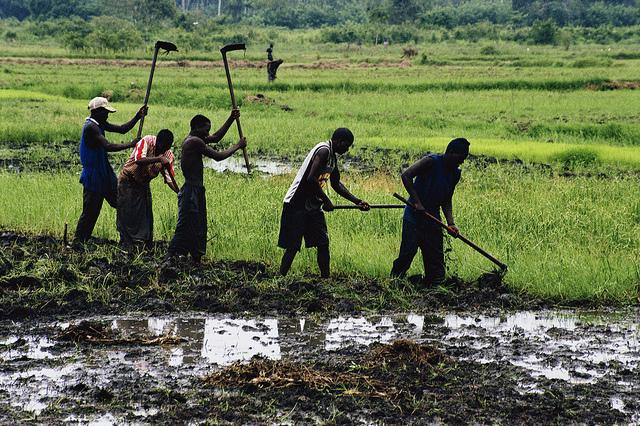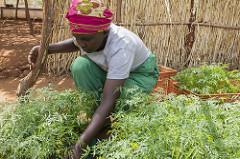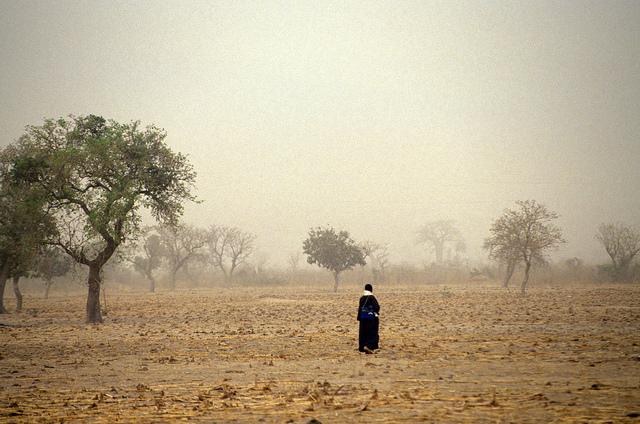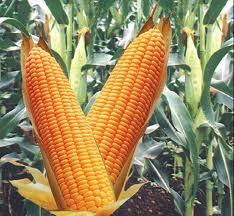In a VOA article, the Kilimo Salama projected, funded by the Global Index Insurance Facility and the Syngenta Foundation, is cited for having provided insurance to about 200,000 farmers in east Africa, mainly in Kenya, Rwanda and Tanzania. Because it is so expensive to verify losses on large numbers of small landholdings, the traditional type of individual loss-based insurance is not always viable. That has led to index-based insurance for smallholder farmers for weather-related risks. In the long run in the developing world, specialists say, what is needed most is investment in science and
